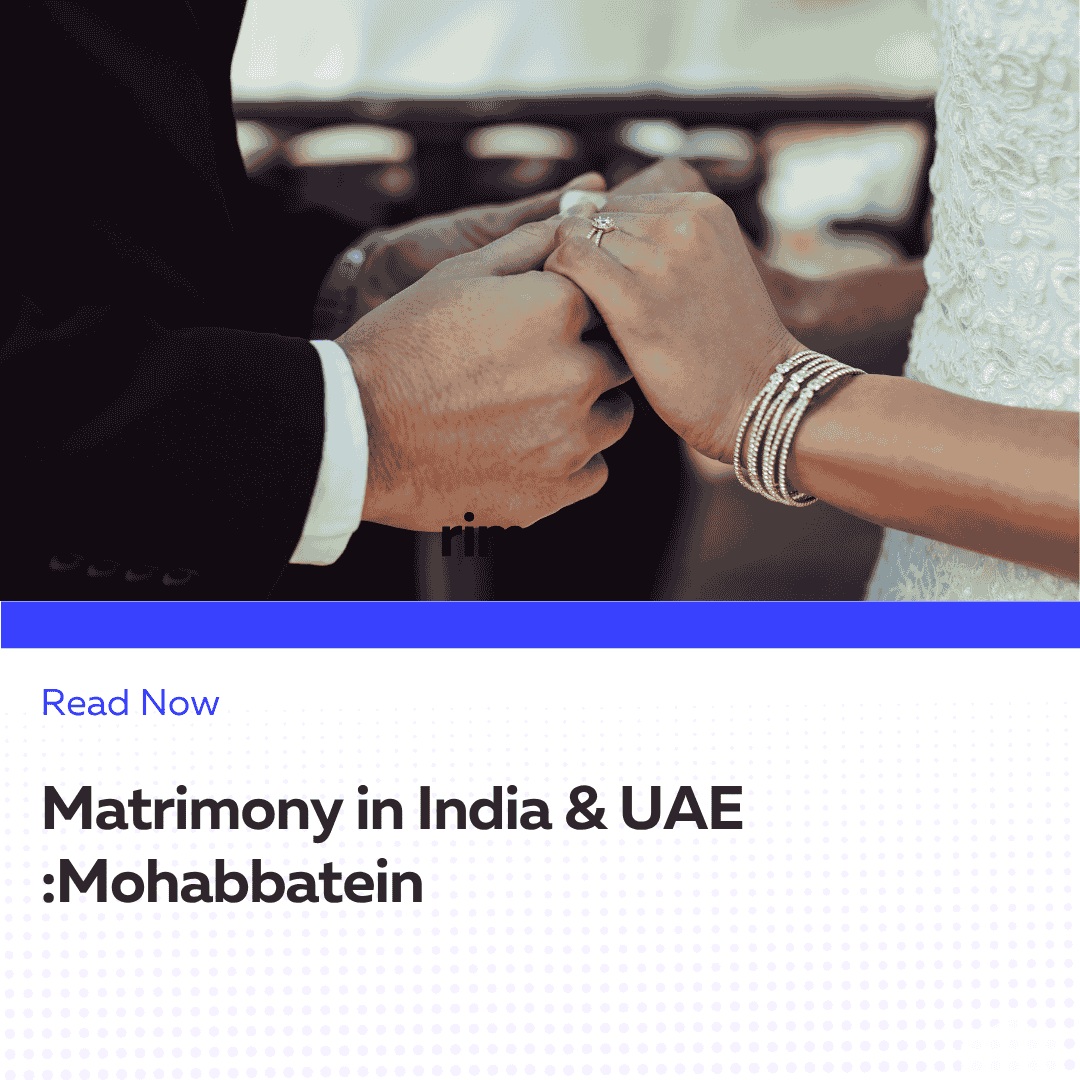The Gowda community in Bangalore—primarily comprising Vokkaligas or Vokkaliga Gowdas—is one of the most prominent and historically influential communities in Karnataka. Known for their agricultural background, social prestige, and political clout, Gowdas take matrimonial alliances seriously, often viewing marriage as both a personal and community-strengthening institution.
Gowda matrimony in Bangalore today showcases a beautiful balance between deep-rooted tradition and the aspirations of a modern, urban generation.
Who Are the Gowdas?
The term “Gowda” often refers to Vokkaligas, a dominant land-owning caste group in Karnataka. The community has many subgroups such as:
-
Gangadikara Gowdas
-
Hallikara Gowdas
-
Kunchitiga Gowdas
-
Morasu Gowdas
-
Namadhari Gowdas
Each subsect has distinct customs and local dialects but shares overarching cultural values such as respect for elders, agricultural heritage, and community cohesion. In Bangalore, many Gowdas have moved away from traditional occupations and into fields like real estate, education, politics, and business.
Core Values in Gowda Matrimony
In traditional Gowda families, marriages are viewed as sacred and enduring. Several key elements define a preferred match:
-
Caste and Subsect Alignment: Most families still seek alliances within their own subsect.
-
Horoscope Matching: Astrology remains a guiding principle in deciding compatibility.
-
Education: Increasingly important, especially among younger generations.
-
Family Background: Good reputation, land ownership, and social influence matter.
-
Occupation: Professions such as government service, engineering, medicine, and business are preferred.
-
Language and Culture: Fluency in Kannada and adherence to Gowda customs are often required.
While arranged marriages remain dominant, there is growing space for personal choice, especially in urban families.
Matchmaking Methods: Traditional and Digital
Historically, Gowda families relied on tight-knit community networks and village elders to identify suitable matches. In Bangalore today, a more hybrid approach has emerged:
Community Networks
-
Local temples, community halls, and Gowda associations organize matrimonial meets.
-
Referrals through family friends or trusted elders remain highly influential.
Online Matrimonial Sites
-
Platforms like KannadaMatrimony, VokkaligaMatrimony, and BharatMatrimony have dedicated filters for Gowda subsects.
-
Digital profiles are managed by families or young adults themselves, allowing for a mix of tradition and choice.
-
WhatsApp groups and Facebook communities have become new-age digital mandaps for Gowda matchmaking.
This blend of offline tradition and online convenience is helping families preserve culture while adapting to modern life.
Gowda Wedding Customs and Rituals
Gowda weddings in Bangalore are marked by vibrant traditions, spiritual significance, and community celebration. Common ceremonies include:
-
Nischay Tamulam: Formal engagement where both families exchange betel leaves, gifts, and sweets.
-
Hosa Chiguru & Naandi: Blessings from elders and pujas conducted before the wedding.
-
Kashi Yatra & Dhare Ceremony: Rituals that signify the groom’s journey and the bride’s acceptance.
-
Mangalsutra Tying & Saptapadi: The core rituals in the presence of family deities and sacred fire.
-
Reception (Veelya Bhojana): A large feast hosted by the groom’s family for friends, relatives, and the extended community.
Music, silk sarees, gold jewelry, and regional cuisine like ragi mudde and bisibele bath are typical features of a Gowda wedding.
Changing Trends in Gowda Matrimony
As Bangalore grows more cosmopolitan, so do the preferences and attitudes within the Gowda community:
Education & Career over Early Marriage
Young professionals are delaying marriage to focus on higher education and career growth, particularly in IT and business sectors.
Inter-Subsect and Inter-Caste Acceptance
Though traditional norms remain strong, some families are more open to matches outside their exact subsect or even caste, especially if there is cultural compatibility.
Love-cum-Arranged Marriages
Increasingly, relationships initiated by the couple are blessed by parents after astrological and cultural checks.
Equality in Roles
Modern Gowda brides expect equal say in financial decisions, career planning, and parenting—changing the dynamics of married life.
These trends signal a shift toward flexibility while maintaining respect for heritage.
Challenges in Modern Gowda Matrimony
Despite modernization, certain challenges persist:
-
Caste Conservatism: Some families still insist on strict subsect matches.
-
Pressure to Marry Early: Despite modern trends, late marriages can attract social scrutiny.
-
Wealth & Status Expectations: Some proposals are evaluated heavily based on land ownership or business success.
-
Digital Mistrust: Older generations may be hesitant about online matrimony despite its efficiency.
These tensions are being gradually eased as generations interact and find middle ground between values and individual desires.
Empowering Women in Gowda Matrimony
There is a visible increase in the number of educated, career-driven Gowda women making autonomous marriage decisions. Parents are beginning to respect daughters’ choices more—whether it involves studying abroad, delaying marriage, or seeking a like-minded partner outside the traditional circle.
This empowerment is helping shape more balanced and respectful marriages.
Conclusion: Honoring Heritage While Looking Ahead
Gowda matrimony in Bangalore is a compelling example of a community evolving with its times. Deeply respectful of tradition, yet willing to modernize, the Gowda community continues to build strong marital alliances that reflect both past values and present aspirations. With a growing openness to education, technology, and choice, Gowda marriages today are more than just rituals—they are thoughtful unions built on trust, tradition, and progress.
